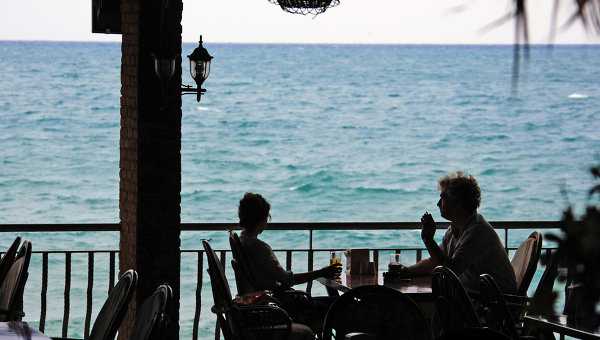On the last day of October, a suicide bomb rocked downtown Istanbul, wounding over 30 people: a reality check on what constitutes an act of terrorism. The Turkish authorities have identified the suicide bomber as a 24-year-old man who is alleged to have joined the armed Kurdistan Workers’ Party, the PKK, in 2004. The PKK has denied responsibility. But whoever is responsible should be brought to justice under Turkey’s counterterrorism legislation.
Unfortunately, though, many people caught up in the Turkish government’s response to terrorism have nothing to do with violence. Their offense could be described as political activism, including entering the fray in representative politics. Hundreds of people are facing prosecution — or already serving substantial sentences — under Turkey’s terrorism laws. In many cases, their offense was no more than taking part in a pro-Kurdish protest march or at most throwing stones or burning a tire at a protest.
In the past three years, Turkish courts have repeatedly relied on 2005 counterterrorism laws and case law to convict Kurdish demonstrators. The courts have treated these protesters as though they were armed militants in the PKK, the Kurdistan Workers’ Party, on the grounds that the PKK had urged people via the radio or other public media to take part in the demonstrations.
Demonstrators in southeast Turkey have been jailed for no more than holding a banner at a rally or shouting a slogan praising the jailed PKK leader Abdullah Öcalan, a new Human Rights Watch report shows. Others have been sentenced to more than 10 years in prison for shouting slogans, making victory signs and throwing stones during demonstrations. Domestic and international criticism over these kinds of prosecutions of children led parliament in July to quash their convictions and prevent the future prosecution of children in courts that specialize in terrorism cases. But the laws remain otherwise unchanged, and prosecutions of adults continue.
Those of us who have monitored the evolution of Turkey’s response to Kurdish political aspirations find this turn of events especially disquieting. In the 1990s, as part of a team of lawyers, I represented many innocent victims jailed, abused, or displaced at the height of the ongoing military conflict with the PKK simply for expressing, or being perceived to hold, pro-Kurdish sentiments. The European Court of Human Rights repeatedly condemned those tactics. These current prosecutions and jailings also violate Turkey’s human rights obligations.
Turkey should know from its history that this approach won’t work. Its failure over the past two decades to distinguish between those engaged in violence and those who merely hold political sympathies or opinions at odds with the strong, singular identity and nationalist agenda of the state has done little to advance security or democracy. But it has left Turkey with a record of serious human rights violations.
The prosecutions of protesters are part of a wider crackdown on pro-Kurdish legal political parties. On January 13, 2011, the Diyarbakir trial of 152 members and officials of the former Democratic Society Party, and its successor, the Peace and Democracy Party, which has 20 members in parliament. will resume. The trial has been under way since October 18. Charges levied against the defendants range from separatism to membership in an armed organization, to aiding or abetting such an organization.
The defendants include serving and former mayors, a prominent human rights defender, and lawyers. Across Turkey around 1,700 party members are in detention facing similar charges.
The arbitrary use of anti-terror laws against acts of political opposition violates human rights central to a functioning democracy — freedom of expression, association and assembly — and undermines the rule of law. The UN expert on human rights and terrorism has warned states against straying beyond the legitimate scope of counterterrorism legislation.
Turkey has improved its human rights record in recent years, with a decrease in torture and a reduction in the length of detention periods in police custody. The government spoke last year of “the democratic opening” it intended to create “by broadening and strengthening … citizens’ democratic rights.” Many saw this as opening political space for Kurds, who have legitimate concerns about discrimination and the need to recognize their cultural rights and to allow them equal political participation and representation.
But the latest crackdown perpetuates the flawed approach of the past, closes the space for political dialogue, and sends a message that peaceful protest and democratic dialogue cannot deliver change. The risk is that such a message will make armed opposition more attractive.
Attacks such as the suicide bombing in Istanbul last month are qualitatively, legally and morally different from the acts of many hundreds of protesters sitting in Turkish jails, or the political activists who champion the Kurdish case through the ballot box. For the government and the courts to recognize that difference is central to justice for victims of actual terrorism, and for Turkey’s Kurdish minority.
Aisling Reidy is senior legal adviser at Human Rights Watch. Between 1996 and 2001, together with lawyers from the Human Rights Centre at the University of Essex, and the Human Rights Association in Turkey (IHD), she represented applicants from southeast Turkey before the European Court of Human Rights.
via Aisling Reidy: How Turkey Misuses the Terrorism Card.


Leave a Reply